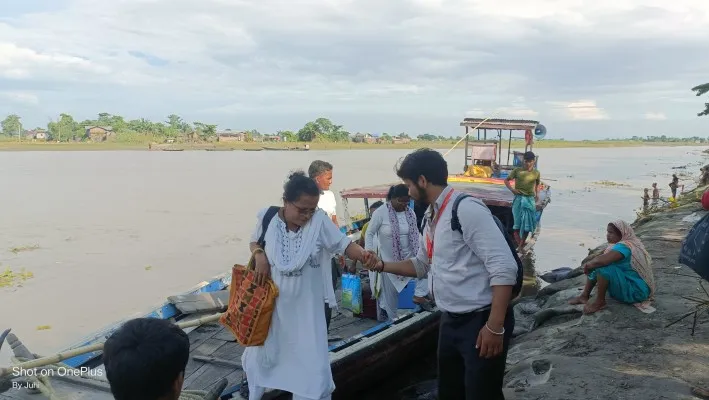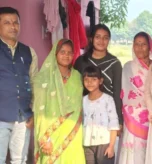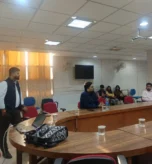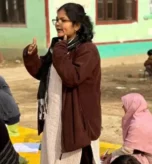“Progress is impossible without change; and those who cannot change their minds, cannot change anything.” – George Bernard Shaw
In a world defined by rapid innovation and constant evolution, the role of young people in driving and managing change has never been more pivotal. Today’s youth, with their fresh outlooks, technological expertise, and natural adaptability, are stepping into roles that require bold leadership and innovative problem-solving. Unlike earlier generations, they operate in a landscape where change is the norm, and their ability to think creatively is reshaping conventional approaches to managing change.
By examining the impact of youth in change management, we discover how their unique traits—such as flexibility, teamwork, and foresight—are fostering a new era where innovation and adaptability are not only valued but essential.
Youth Leading the Charge in Change Management
Insights into change management are deeply influenced by real-world success stories, such as the impactful work of young Gandhi Fellows. These stories highlight a theory of change centered on addressing complex issues with resourceful solutions, grounded in collaboration, systems thinking, and profound empathy. Many of these young changemakers have left a lasting impression on how challenges are approached today.
Revolutionizing Rural Healthcare | Rahul’s Story of Digital Transformation
In a remote village in India’s heartland, Afsana Begum, an ASHA (Accredited Social Health Activist) worker, starts her day visiting households, advising expectant mothers, and educating families about healthcare. However, her work has transformed—instead of lugging around bundles of registers and notebooks, she now carries a tablet equipped with the Utprerona application, a tool designed to revolutionize rural healthcare services.

This shift was enabled by Rahul, a young Gandhi Fellow, who spearheaded the Digitalized ASHA program under the Digital Bharat Collaborative initiative.
A Pivotal Moment of Change
During one of her visits, Afsana encountered a high-risk pregnancy case. Using the Utprerona app, she accessed the patient’s medical history, logged symptoms, and flagged the case for immediate attention. The app’s real-time functionality alerted doctors, ensuring the patient was referred to a hospital within hours. This timely intervention not only saved lives but also strengthened trust in healthcare services.
Transforming Rural Healthcare in Assam | Juhi’s Fight Against Tuberculosis
In a small village in Assam’s Sipajhar Block, Sunita Devi, a 28-year-old mother of two, suffered from a persistent cough and fever for weeks. Like many in her community, she hesitated to seek medical help due to stigma and a lack of awareness, worsening her condition.
Juhi, another Gandhi Fellow working under the Digital Bharat Collaborative (DBC) initiative, played a crucial role in tackling such challenges. Juhi trained ASHA worker Nalini Devi to use the Nikshay application, a digital tool for managing tuberculosis (TB) cases. During a door-to-door health survey, Nalini, empowered by Juhi’s training, identified Sunita as a suspected TB patient.

Lessons from Rahul & Juhi: Driving Impact Through Digitization
The resilience and determination displayed by young people often go unrecognized. Rahul and Juhi’s efforts exemplify the power of building strong relationships to leverage technology and drive innovation. Their success in leading change through digitization highlights several key attributes:
- Empathy and Community-Focused Approach
- Adaptability and Creative Problem-Solving
- Leadership and Guidance
- Technological Expertise and Innovation
- Collaboration and Stakeholder Engagement
- Persistence and Determination
- Vision and Emphasis on Sustainability
- Impact-Oriented Mindset
By embodying these qualities, Rahul and Juhi have shown how young leaders can effectively implement grassroots change through digital solutions. This approach is becoming a defining feature of modern change management. By uniting diverse stakeholders, championing digital innovation, and fostering collective responsibility, they aim to build a sustainable framework for addressing healthcare challenges across the country.
The Youth’s Role in Shaping the Future
As India remains the youngest nation in the world, the involvement of youth in leading change initiatives and having a voice in decision-making is more vital than ever. Paired with the transformative power of technology, young changemakers are uniquely positioned to tackle and simplify some of the most complex global problems.
Story Credits
Juhi & Rahul, Gandhi Fellows, Batch 16, Assam





